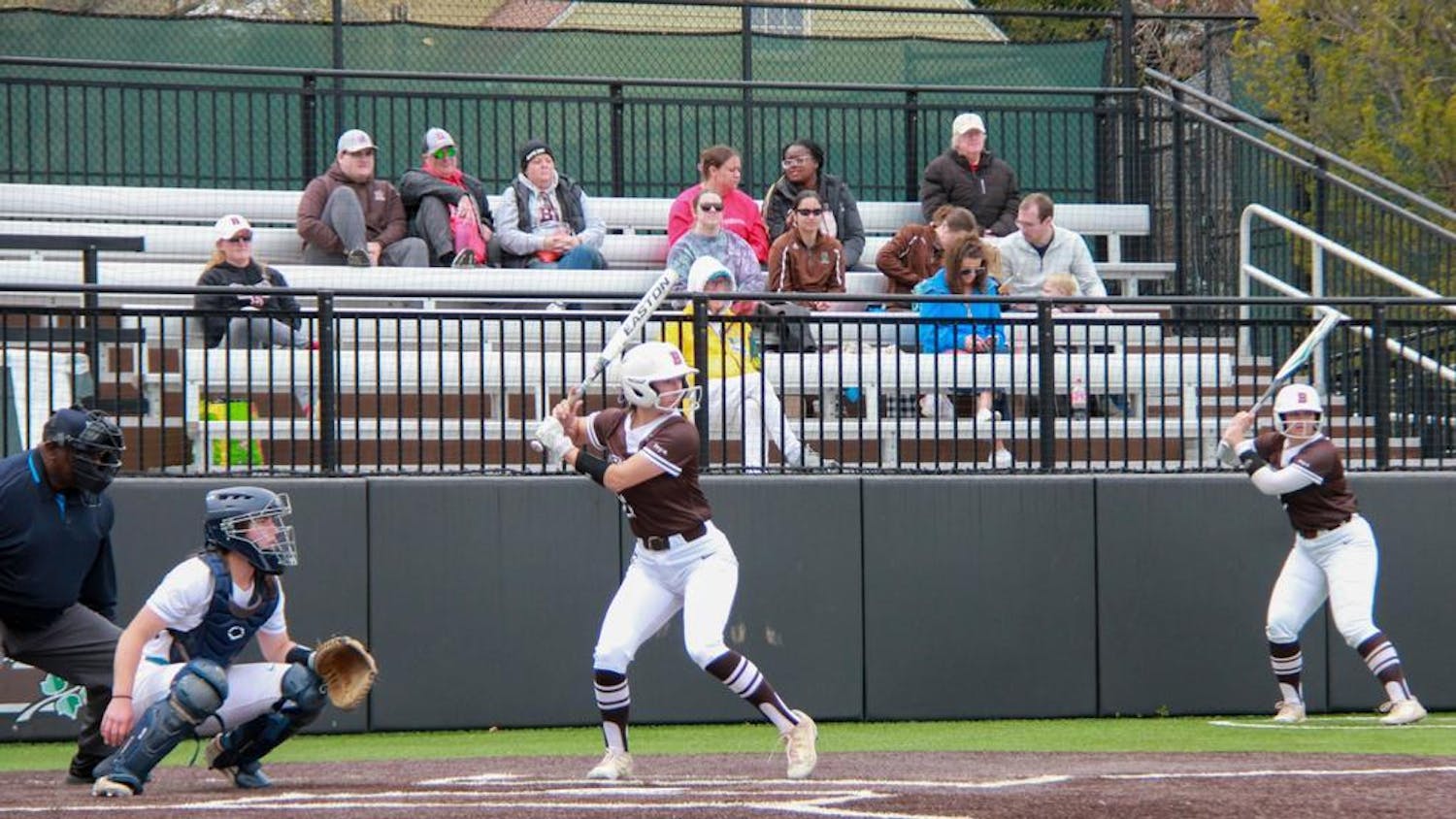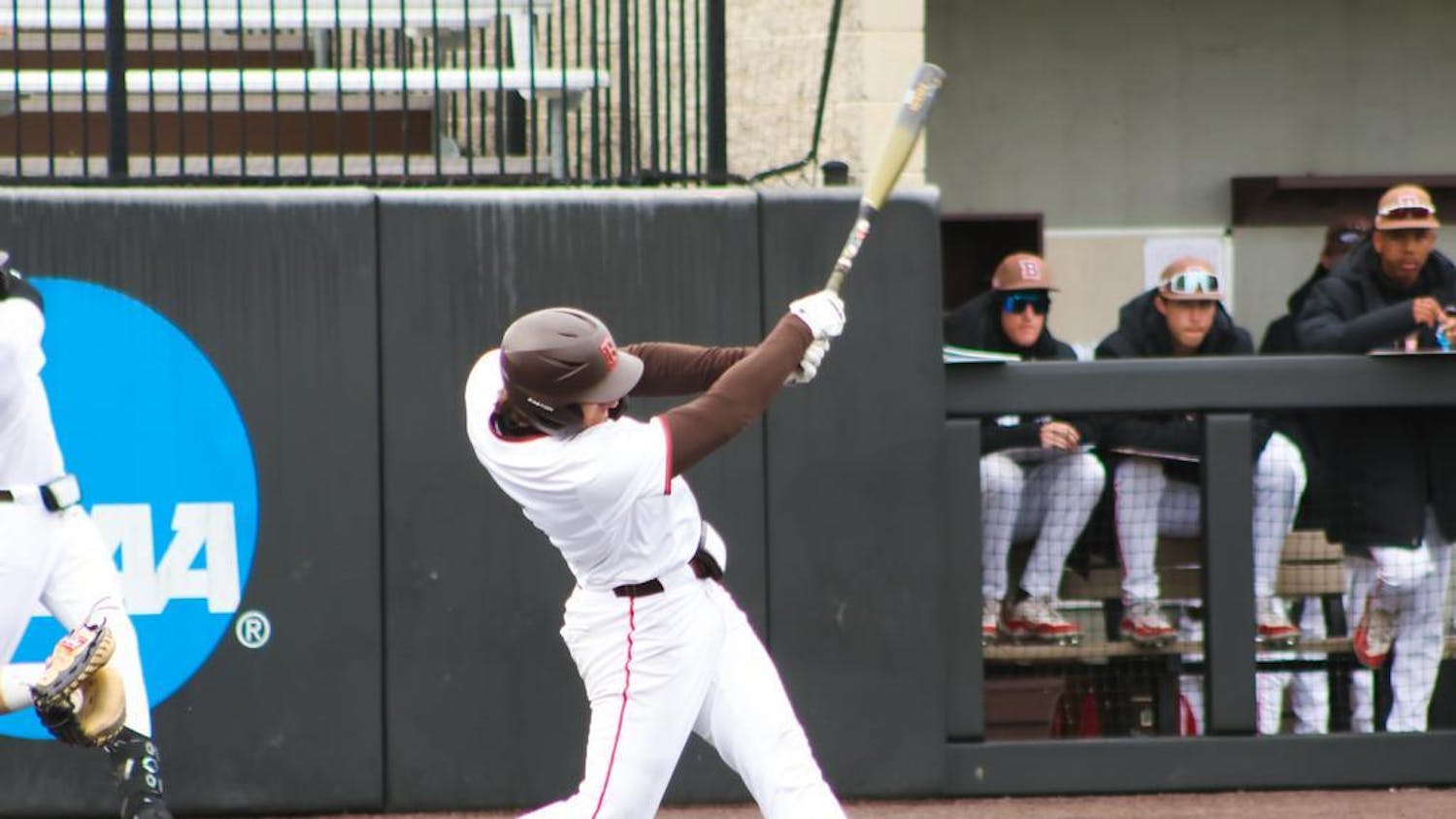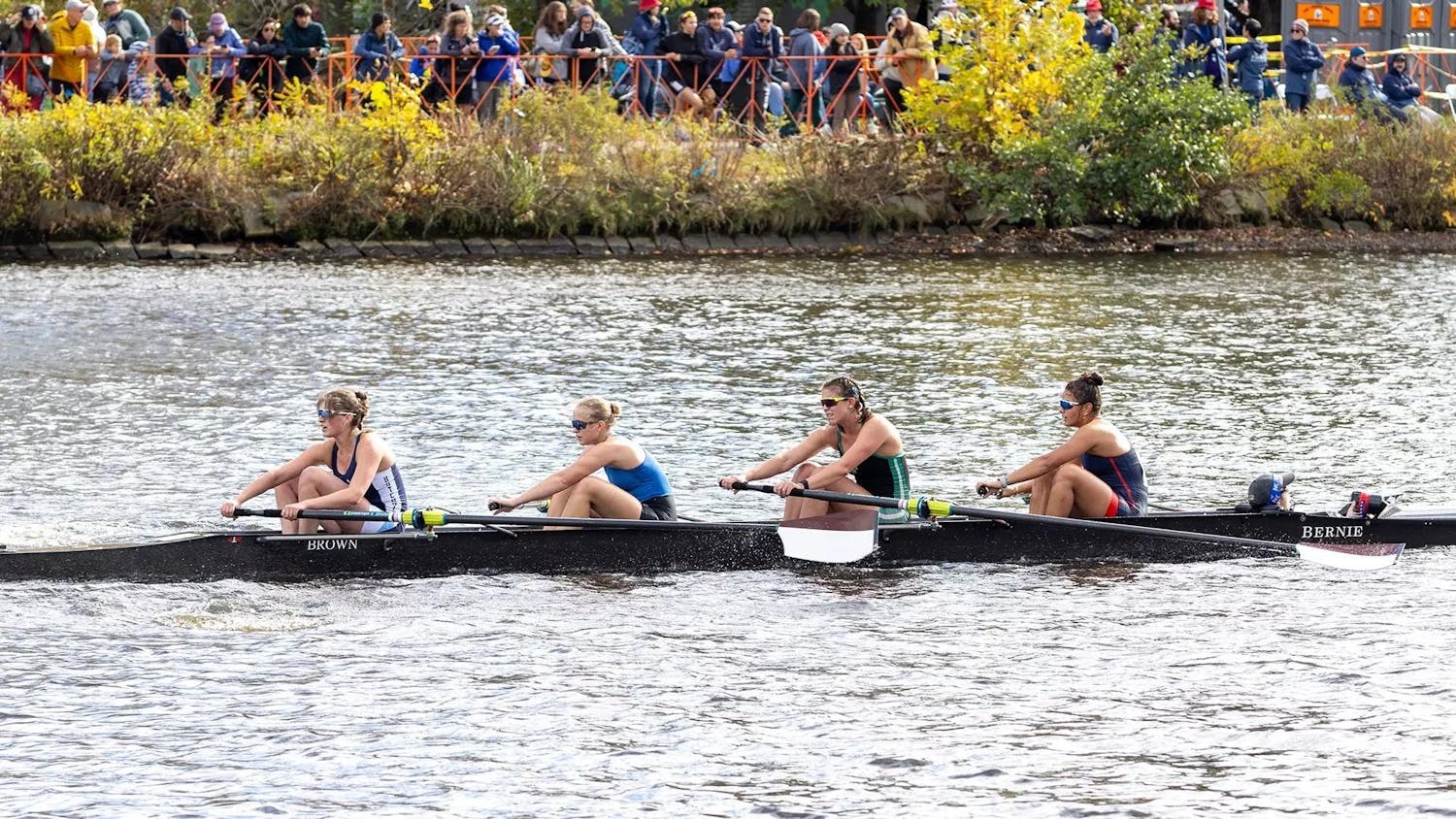The 2014 Lebron James-led Cleveland Cavaliers are one of the favorites to win this year’s NBA championship. Returning to the city he spurned four years ago, James now bears two rings and the weight of a region’s expectations on his shoulders. Cleveland has not won a professional sports championship in fifty years, and the hope is that its native son will be able to translate the experience he gained by ending his personal title drought with Miami into a broader redemption story. A new “Big Three” is in place: Kevin Love and Kyrie Irving have replaced Dwyane Wade and Chris Bosh. Young players with their best years of basketball still ahead of them, these new teammates bring with them questions of experience that were not present with his running mates of four years ago. Combined with a rookie NBA head coach and the absence of Pat Riley, this factor could see James struggle to carry the Cavs and bring Cleveland the title it expects.
When Lebron signed with Miami in the summer of 2010, a central reason why he was widely derided by fans and members of the media was for joining one of his main rivals in the Eastern Conference. All-NBA shooting guard Wade had already led the Heat to a championship in 2006. A superstar still in his prime, Wade provided championship experience that had been lacking in James’ early Cavaliers teams, which — despite deep playoff runs between 2006 and 2010 — had failed to capture the elusive Larry O’Brien Trophy. Even Chris Bosh, often dismissed as the Heat’s “third banana,” brought leadership and a penchant for winning. He had almost single-handedly taken the Toronto Raptors to the playoffs in 2007 and 2008, after he had been handed the keys to the franchise following the departure of longtime staple Vince Carter.
Perhaps the most important contributor to Miami’s winning culture was team President Pat Riley. An NBA champion as a player with the LA Lakers in 1972, Riley coached his former team to consecutive titles in 1987 and 1988, sandwiched between two other unsuccessful runs to the Finals. Following his time with the Lakers, he coached the Knicks to a losing title bid in 1994 and later roamed the sidelines in Miami for the 2006 championship. Though he had stepped away from coaching duties in order to work out of the front office by the time James arrived in South Beach, Riley still had a significant impact on every aspect of the franchise. His influence on the Heat’s course between 2010 and 2014 cannot be understated.
When Lebron James wrote the letter in Sports Illustrated announcing his return to the franchise that had drafted him first overall in 2003, he did so as the bearer of two championship rings and the veteran of four consecutive finals appearances. His new partners Love and Irving have less impressive resumes. Lauded with the personal accolades of All-Star appearances and All-NBA teams, these players’ individual talents have failed to translate into team success. Love’s Minnesota Timberwolves won only 32 percent of their games between 2008 and 2014 and never made the playoffs — his last winning season was in 2008-09 when he led UCLA to the Final Four. Irving’s Cavaliers teams were only slightly better: From his arrival in 2011 to the end of last season, his Cleveland team only won 42 percent of its games to go along with no playoff appearances. The point guard’s last winning team was with Duke in 2010-11 when, despite playing only 12 games, his squad advanced to the Sweet Sixteen. On the court, James is the only one out of the new trio of superstars who has achieved any measure of team success, which will place greater pressure on him in relation to his new teammates than was present at the time of his move to the Heat.
Finally, the Cavaliers’ rookie head coach David Blatt presents another question mark. Despite 20 seasons coaching in Europe, he had never previously coached in the NBA before this season. The new commander of the bench has won several championships in Israel’s domestic league and even led the Russian national team to the bronze medal in the 2012 Olympics, but he is a completely unknown entity when it comes to winning in the NBA. Learning how to win at this level is not the only challenge Blatt will face. In addition to the heightened level of play in the new league, he has to manage the inflated egos of some of the best players in the world. The star of his final Euroleague champion Maccabi Tel Aviv team was Tyrese Rice, a two time All-ACC selection from Boston College who went overseas directly after the end of his college career. Now tasked with managing three of the best basketball players in the world, it is doubtful that the same motivating techniques that worked in Israel will serve to bring meaningful hardware back to Cleveland.
Currently the Cavaliers, with 13:5 odds, are the team most favored by Las Vegas sports books to win this year’s NBA championship. The talent is certainly present to facilitate a deep postseason run, but it seems silly to push them ahead of the defending champion San Antonio Spurs and their indoctrinated culture of winning. Through four games, the Cavs are 1-3, and their offense has looked stagnant and without rhythm. Certainly a slow start is to be expected with the assembly of so many new pieces.One merely has to look back at James’ early days in Miami for comparison. The difference that time around was that the Heat locker room and front office contained proven winners who knew how to right the ship in time for the games that mattered most. Except for Lebron James, none of the core Cleveland players have that experience, making this a very different scenario — and one that might not pay off with a championship as soon as some think.
Jack Blasberg ’16 has won the same number of rings as Kyrie Irving. Help him manage his inflated ego at John_Blasberg@brown.edu.
ADVERTISEMENT




